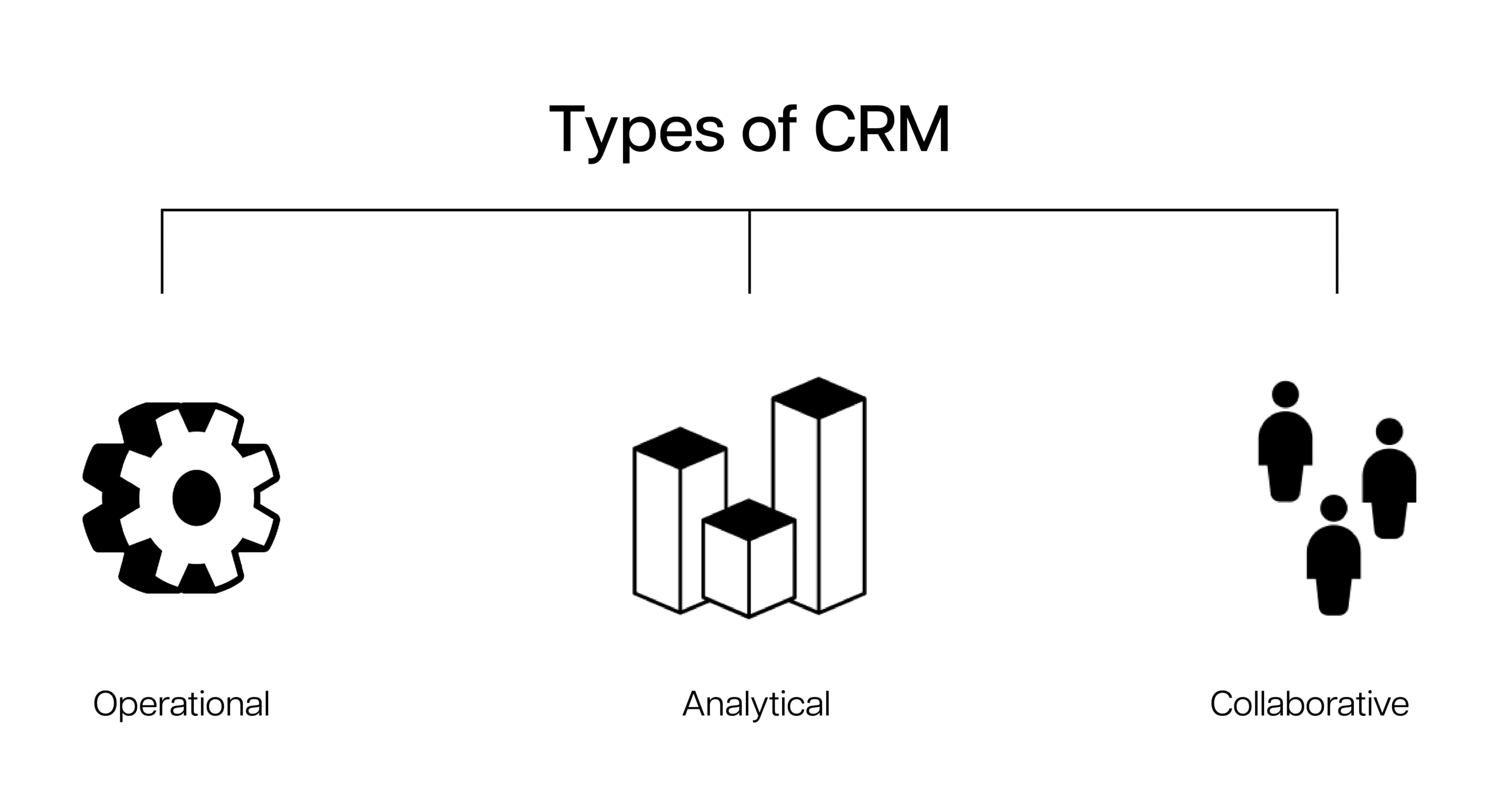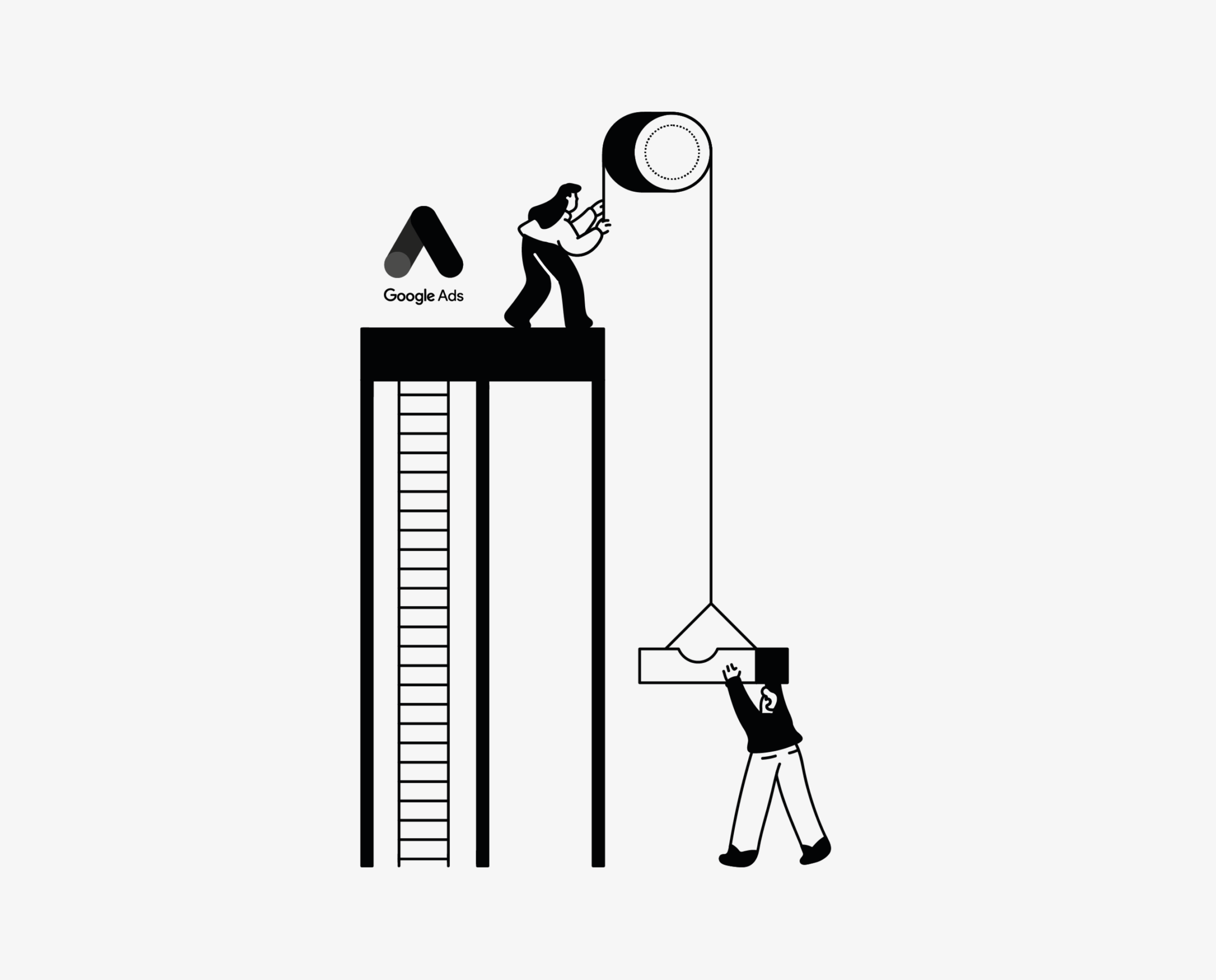What is a CRM?
CRM, or Customer Relationship Management, offers you a tailored set of practices, strategies, and tools to proactively engage, deeply understand, and exceptionally serve your customers. Fundamentally, CRM relies on meticulous data collection and precise analysis of customer information, allowing you to shape an unparalleled customer experience.
The crucial importance of CRM in a business
In today’s competitive business world, effectively managing clientele is essential. A well-implemented CRM centralizes all customer information on a single platform. It provides a comprehensive view of each customer, recording interactions, previous purchases, preferences, and much more. With this data, your sales team has all the necessary tools to deliver high-quality service tailored to the specific needs of each customer.
Key Features of a CRM
A CRM is equipped with numerous features aimed at simplifying sales management, improving communication with customers, and optimizing business processes. Among the most common features are:
Contact and Lead Management: The CRM allows for structured storage and organization of information about clients and prospects. It offers a centralized database where every relevant detail can be easily recorded and accessed.
Task Automation: Automation is a cornerstone of CRM. It allows for the automation of repetitive tasks such as sending follow-up emails, setting reminders for calls, and much more. This enables teams to save time and focus on higher-value activities.
Activity Tracking: The CRM systematically records all interactions with customers, be it by phone, email, or in meetings. This provides total visibility into the history of interactions, helping teams effectively track and manage customer relationships.
Marketing Campaign Management: Modern CRMs integrate tools for managing marketing campaigns, simplifying the creation, tracking, and analysis of promotional activities. This integration allows for the optimization of efforts to reach their target audience more effectively.
Data Analysis: An essential aspect of CRM is data analysis. It provides detailed reports, customizable dashboards, and advanced analytics tools to evaluate the performance of sales and campaigns. This data enables informed decision-making to guide the business strategy.
Advantages of a CRM
Adopting a CRM offers a multitude of benefits for businesses, whether small or large. Here are the main advantages:
Improved Sales Efficiency: Task automation saves time and optimizes sales processes. Teams can focus on higher-value activities such as negotiation and building strong relationships.
Increased Sales: By targeting prospects more precisely and meeting specific customer needs, sales opportunities are maximized. Customer data also helps identify trends and hidden opportunities.
Better Data Management: The CRM ensures centralized and secure customer data management. This eliminates the risk of information loss and ensures effective database management, in compliance with data protection regulations.
Development of Marketing Strategy: Through data analysis, the company can adjust and refine its marketing campaigns for maximum impact. This means a better return on investment for marketing initiatives and better resource allocation.
Different Types of CRM

There are several types of CRM, each tailored to specific needs:
Operational CRM: This type of CRM focuses on sales processes. It allows for the management of customer interactions throughout the sales cycle, from prospecting to deal closure.
Analytical CRM: Analytical CRM emphasizes the analysis of customer data. Its goal is to provide actionable insights for making strategic decisions based on data.
Collaborative CRM: Collaborative CRM promotes communication and collaboration between different departments within the company. It encourages information sharing and coordination for a consistent customer approach.
Choosing the right CRM for your business
The choice of a CRM should be carefully considered based on the specific needs of your business. It is essential to take into account the size of your team, your sales goals, and the features you require. Some platforms offer free versions suitable for small businesses, while others provide more advanced features for larger enterprises.
A CRM is more than just a sales management tool. It is a crucial asset for any business looking to establish and maintain lasting relationships with its customer base. Thanks to its features and benefits, it is a central pillar in the marketing and sales strategy of many successful businesses. Do not underestimate the positive impact a CRM can have on the prosperity of your business. Choose wisely and offer your customers an exceptional experience. The benefits will be tangible, both in terms of customer satisfaction and business growth.
Stay on top of the latest digital marketing trends.
Subscribe to our newsletter and receive the latest news, once a month, directly in your inbox.
*By entering your email address, you agree to the Billy.Social Terms of Use and Privacy Policy.
Bibliography
(2023, Juin 22). CRM Définition : Qu’est-ce qu’un CRM ? (Customer Relationship Management). Retrieved October 3 2023. Eudonet. Online.
(n.d.).Qu’est-ce qu’un CRM?: La définition de Salesforce. Retrieved October 3 2023. Salesforce.Online.
(n.d.). Qu’est ce qu’un CRM ? Retrieved October 3 2023. Salesforce. Online.
(2023, Avril 26).Gestion de la relation client : vecteur de croissance pour votre entreprise. Retrieved October 3 2023. Logiciels CRM. Online.
(n.d.). La gestion de la relation client: définition et avantages l Fed Supply. Retrieved October 3 2023. Fed Supply. Online.
(2022, Avril 29). Les 5 composantes fondamentales d’un CRM. Retrieved October 3 2023. Copernic. Online.










